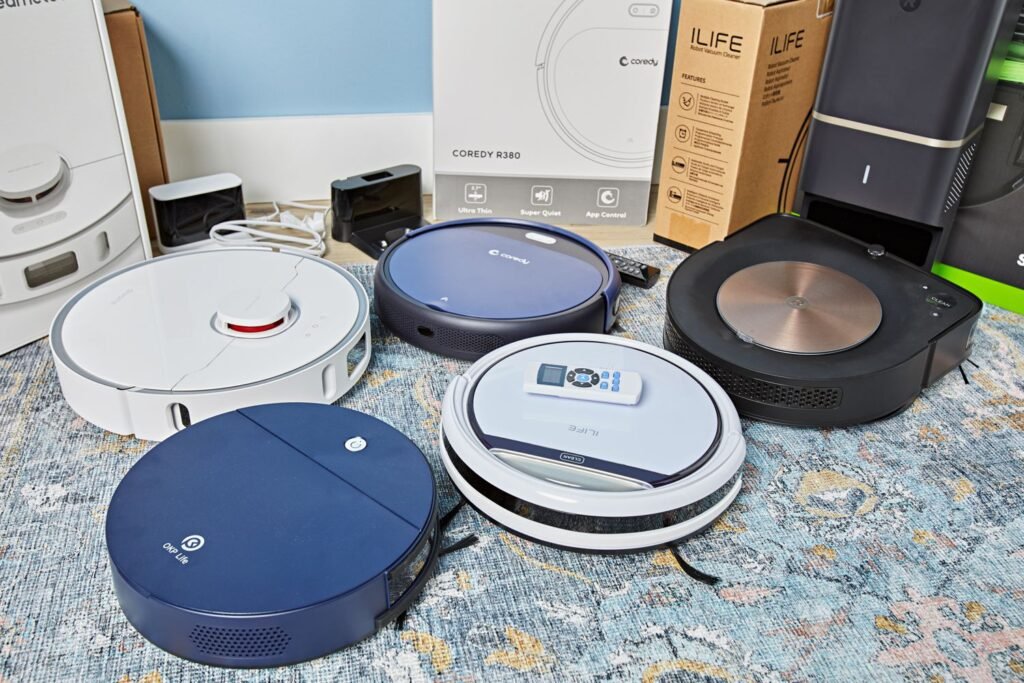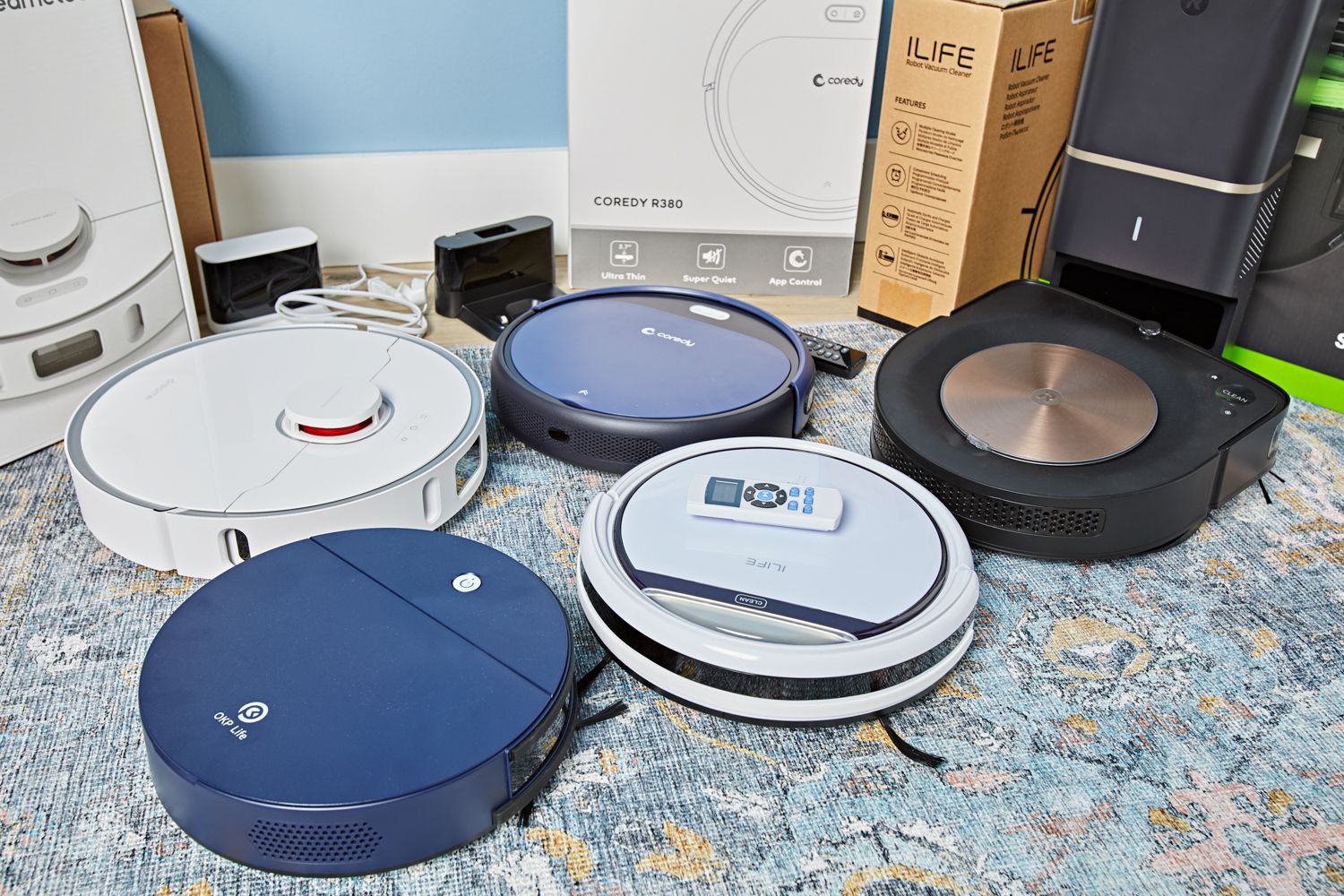Noise Pollution and Its Effects on Humans
Noise pollution is a significant environmental concern that affects both urban and rural areas. This kind of pollution is harmful to human health and can cause various problems like stress, sleep disturbances, and hearing loss. In this section, we will discuss what noise pollution is, how it affects humans, and what can be done to reduce it.
What is Noise Pollution?
Noise pollution is defined as unwanted or excessive sound that is irritating or harmful to humans and other living beings. Sources of noise pollution include transportation, construction, industry, and loud music.
How Can Noise Pollution Affect Humans?
Exposure to high levels of noise pollution can cause physical and psychological problems. Effects may include hearing loss, sleep disturbances, headaches, and elevated blood pressure. Prolonged exposure can also lead to more severe problems like anxiety, depression, and heart disease.
What Are the Common Sources of Noise Pollution?
Noise pollution can come from various sources, such as highways, airports, construction sites, factories, and residential areas. Leisure activities like concerts, sporting events, and bars can also contribute to noise pollution.
Why is Noise Pollution Harmful to Human Health?
Exposure to excessive noise levels can cause adverse health effects, including cardiovascular disease, cognitive impairment, and mental health disorders. Children who grow up in noisy environments are at risk of delayed linguistic development and academic performance.
How Does Noise Pollution Affect Mental Health?
Noise pollution frequently causes psychological distress, leading to anxiety, stress, depression, and other mental health problems. Research has shown that cities or neighborhoods with high levels of noise pollution have significantly more residents with psychiatric symptoms than quiet ones.
How Can We Reduce Noise Pollution in Our Communities?
Reducing noise pollution would involve reducing the number of noise sources, controlling their decibel levels, and providing noise barriers or soundproofing materials. Community members can also play their part by reducing the noise they create, such as loud music or noisy hobbies.
What Are Some Examples of Quiet Technologies?
The use of quiet technologies can help to reduce noise pollution. Examples of noise reducing technologies include electric cars, low-noise buses, and noise-reducing pavements. Additionally, there are various silent technologies for household use, such as robot sweepers, robotic vacuum cleaners, and quiet dishwashers.
In summary, noise pollution is a serious environmental problem with detrimental effects on human health and wellbeing. There are various sources of noise pollution, and its consequences range from physical to emotional distress. However, by taking appropriate measures, we can reduce the level of noise pollution in our communities.
Robot Sweepers in the Context of Noise Pollution
If you’re looking for a cleaning solution that’s efficient and quiet, you may be wondering if robot sweepers make noise. In this section, we’ll explore what robot sweepers are, compare their noise levels to those of traditional sweepers, and examine some factors that contribute to the noise they make. Additionally, we’ll discuss measures that manufacturers have taken to reduce that noise and how robot sweepers compare to other quiet technologies.
What is a Robot Sweeper?
A robot sweeper is an automated cleaning tool that uses artificial intelligence (AI) and sensors to navigate and clean floors. These sweepers come in different shapes and sizes and can be maneuvered around obstacles and under furniture. Robot sweepers are equipped with brushes and suction mechanisms that pick up dirt and debris, making them a convenient and hands-free cleaning solution.
Do Robot Sweepers Make More or Less Noise Than Traditional Sweepers?
Compared to traditional sweepers, robot sweepers are relatively quiet. Traditional sweepers use motors to power their brushes and vacuum systems, which can make them quite noisy. In contrast, robot sweepers come equipped with low-noise motors that make minimal sound. Depending on the brand and model, the noise level of a robot sweeper may vary.
What Factors Contribute to the Noise that Robot Sweepers Make?
Robot sweepers make noise due to the motors that power their brushes and suction mechanisms. Additionally, the sound of the sweeper’s wheels rolling and bumping into furniture or other objects can also contribute to the overall noise level. The materials used to construct the sweeper’s body can also affect how much noise it produces.
How Loud are Robot Sweepers Compared to Common Noise Sources?
Robot sweepers typically produce noise levels between 55 and 65 decibels, depending on the brand and model. For context, this is equivalent to the noise level of a typical conversation or the sound of light traffic. In comparison, some traditional sweepers can produce noise levels of up to 85 decibels, which is equivalent to the sound of heavy traffic or a diesel truck.
What Steps Have Manufacturers Taken to Reduce the Noise of Robot Sweepers?
Manufacturers have taken several steps to reduce the noise levels of robot sweepers. For example, they have developed low-noise motors and improved the design of the sweeper’s body to reduce sound vibration. Additionally, some models come equipped with sound-absorbing materials to further reduce noise.
How Do Robot Sweepers Compare to Other Quiet Technologies?
Robot sweepers are one of several quiet technologies available for cleaning floors. Other options include vacuum cleaners designed for noise reduction, like those equipped with sound-insulating materials, as well as quiet portable carpet cleaners. Compared to these other options, robot sweepers are often considered the quietest and most hands-free method for cleaning floors.
What Are the Advantages of Using Robot Sweepers in High-Traffic Areas?
Using robot sweepers in high-traffic areas has several advantages. For one, robot sweepers can help reduce noise pollution, which can be beneficial in areas where noise levels can be detrimental to health and well-being. Additionally, robot sweepers can clean floors more efficiently than traditional sweepers, freeing up time for other tasks. Finally, robot sweepers can be used during off-hours, ensuring that floors are clean and safe for occupants during peak usage times.
Technical Aspects of Noise Produced by Robot Sweepers
If you are considering purchasing a robot sweeper, you may be wondering about the noise level it produces. In this post, we will discuss the technical aspects of the noise produced by robot sweepers.
What Components of a Robot Sweeper Contribute to Noise Pollution?
Robot sweepers have various components that contribute to their noise production. Some noisy components include the motor, the brushes, the wheels, and the fan. The motor is responsible for powering the robot, while the brushes and wheels help it move around. The fan, which is used for suction, also produces noise.
How Do Robot Sweepers Differ in Terms of Noise Levels?
Different robot sweepers produce different levels of noise. Some sweepers are louder than others due to differences in their components and build quality. It is essential to consider the noise level when purchasing a robot sweeper, especially if you plan on using it during designated quiet hours or if you have babies or pets in the house.
What Are the Decibel Levels of Robot Sweepers in Different Environments?
The noise level of a robot sweeper can vary depending on the environment it is being used in. For example, a sweeper used on a hard surface like tile or hardwood may be louder than one used on carpet. It’s important to note that the noise level of any sweeper can be affected by the cleanliness of the brushes and filters, as a dirty filter may cause the motor to work harder and produce more noise.
Can Noise Levels of Robot Sweepers Be Adjusted?
Some robot sweepers have noise adjustment settings, allowing you to adjust the noise level depending on your needs. If you want to reduce the noise, you can lower the power or adjust the fan speed. Keep in mind that reducing the power may also reduce the effectiveness of the sweeper.
Are There Any Regulations Regarding the Noise Produced by Robot Sweepers?
There are regulations in place regarding the noise levels produced by robot sweepers. Manufacturers are required to adhere to specific noise level limits to ensure that their products do not cause excessive noise pollution.
How Do Manufacturers Test the Noise Levels of Robot Sweepers?
Manufacturers test the noise levels of their robot sweepers in specialized labs designed to simulate real-world environments. They measure the decibel levels produced by the sweeper and compare it to regulatory limits.
What Innovations Are Being Developed to Reduce Robot Sweeper Noise Pollution?
Manufacturers are developing new technologies and innovations to reduce the noise levels of robot sweepers. Some of these include improved brush and filter designs, quieter motors, and advanced suction and cleaning technologies.
In conclusion, robot sweepers can produce noise, but their noise levels can vary. It is essential to consider the noise level when purchasing a sweeper, and you can reduce the noise level by adjusting the power or fan speed, cleaning the filter, using it on carpet instead of tile, and ensuring that it meets noise level regulations. Manufacturers are continuously innovating to reduce robot sweeper noise pollution, so we can expect quieter and more efficient robot sweepers in the future.

Frequently Asked Questions (FAQs)
Are Robot Sweepers Loud Enough to Cause Hearing Damage?
Robotic sweepers are designed to be quieter than traditional sweepers. While they do make some noise, it is unlikely they will cause hearing damage. It is recommended that you use ear protection when operating any kind of machinery, but in most cases, it will not be necessary when using a robotic sweeper.
Do Robot Sweepers Affect Children’s Concentration in Schools?
Robotic sweepers are often used in schools and other public places because they are less disruptive than traditional sweepers. While they do make noise, the noise level is generally low enough that it will not interfere with children’s concentration or learning ability.
Can Robot Sweepers Be Used in Hospitals Without Disrupting Patient Rest?
Robotic sweepers are often used in hospitals and other healthcare facilities because they are quieter than traditional sweepers. While they do make some noise, it is generally low enough that it will not disrupt patient rest or recovery. It is important to use discretion when operating any machinery in a healthcare facility.
Is It Safe to Use Robot Sweepers at Nighttime in Residential Neighborhoods?
Robotic sweepers are designed to operate quietly, which makes them an excellent option for use in residential neighborhoods at nighttime. While they do make some noise, it is generally low enough that it will not disturb residents. However, it is important to check your local noise ordinances to ensure that you are not violating any laws.
How Do Robot Sweepers Impact the Environment?
Robotic sweepers are more environmentally friendly than traditional sweepers because they do not emit harmful pollutants and use less energy. Additionally, robotic sweepers have the ability to map and clean a specific area, which reduces unnecessary cleaning and saves water.
Are There Any Advantages to Using Traditional Sweepers Over Robot Sweepers?
Traditional sweepers are often more powerful and can handle more dirt and debris than robotic sweepers. However, robotic sweepers are more efficient and less disruptive. The choice between the two ultimately depends on your specific needs and preferences.
Does the Noise Produced by Robot Sweepers Differ in Indoor and Outdoor Environments?
The noise produced by robotic sweepers is generally low, regardless of the environment in which they are used. However, indoor environments may amplify the noise slightly due to the acoustics of the space.
Can Robot Sweepers Operate Quietly on Uneven or Rough Surfaces?
Robot sweepers are designed to operate efficiently on most surfaces, including uneven or rough surfaces. While they may make slightly more noise when operating on these surfaces, it should not be enough to cause a disturbance.
